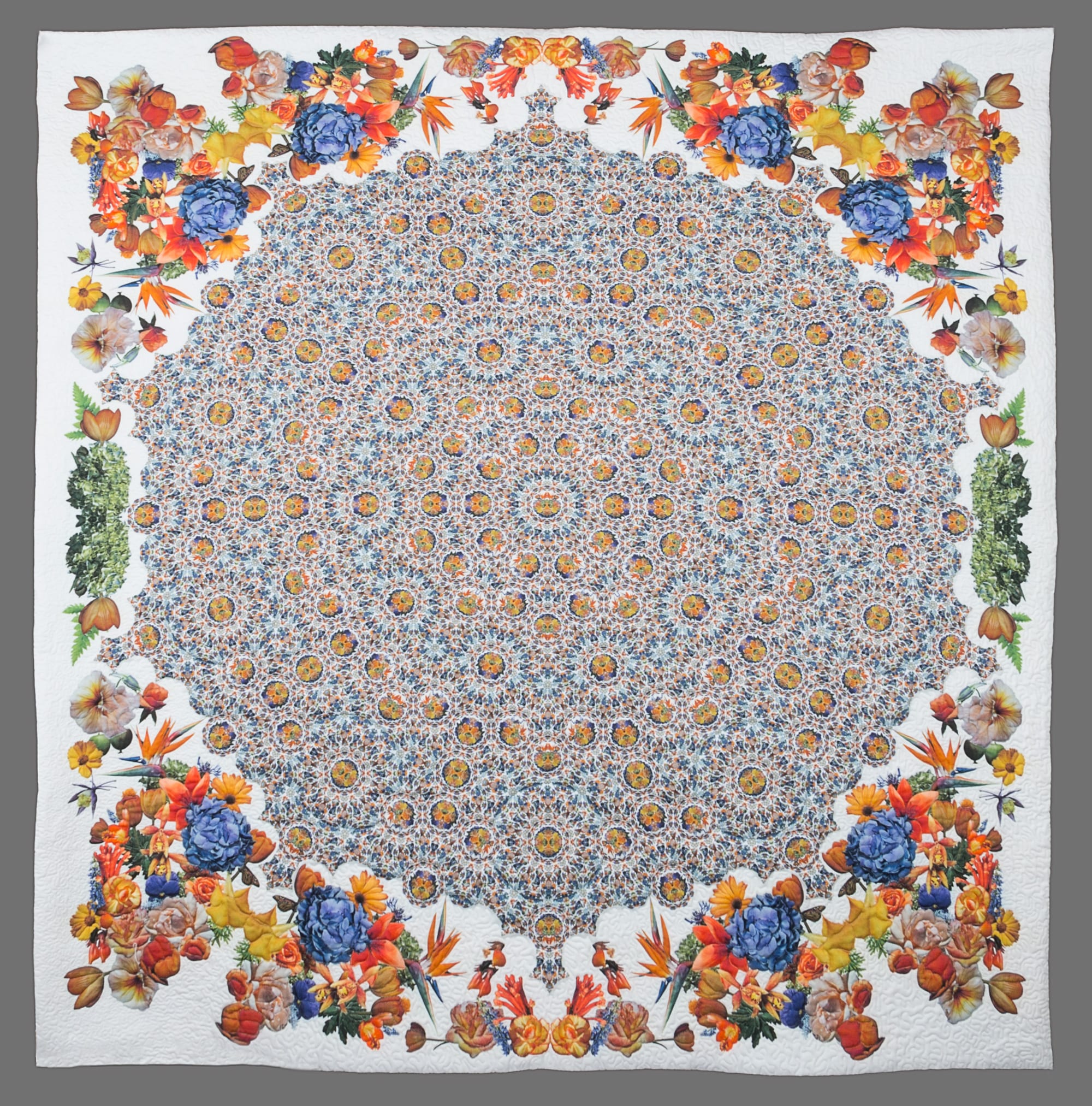Guidelines for Accelerator Grant applications can be found here.
Accelerator Grants support teams of Lehigh investigators in developing multi-investigator research programs in particularly promising areas. Based on a team’s identification of a major, specific area of opportunity and ways in which it can excel in that area, these grants provide significant flexibility in use of the grant funds to address the opportunity. Teams are expected to use these grants to broaden and quicken their access to extramural support, at levels that enable them to sustain highly productive and highly prominent multi-investigator programs.
Letters of Intent will be due on Friday, October 16th, no later than 5 PM EST. Proposals will be due on Friday, October 30th, no later than 5 PM EST.
A workshop for those considering applying, or wishing to know more about the program, will be held on Tuesday, September 29th, from noon to 1:30 p.m. RSVP to VPResearch@lehigh.edu. Please see forthcoming email announcements or blog postings for details.
